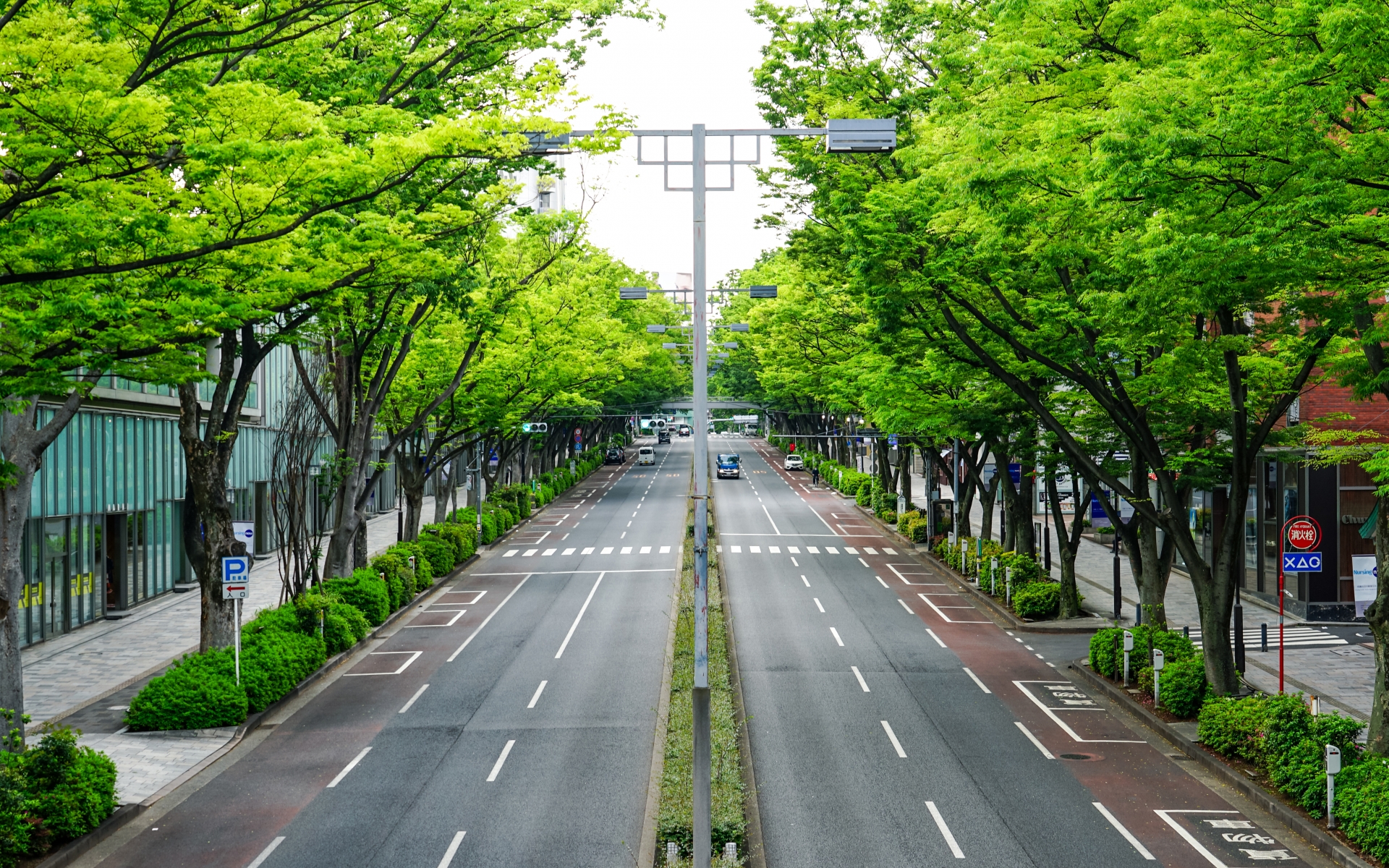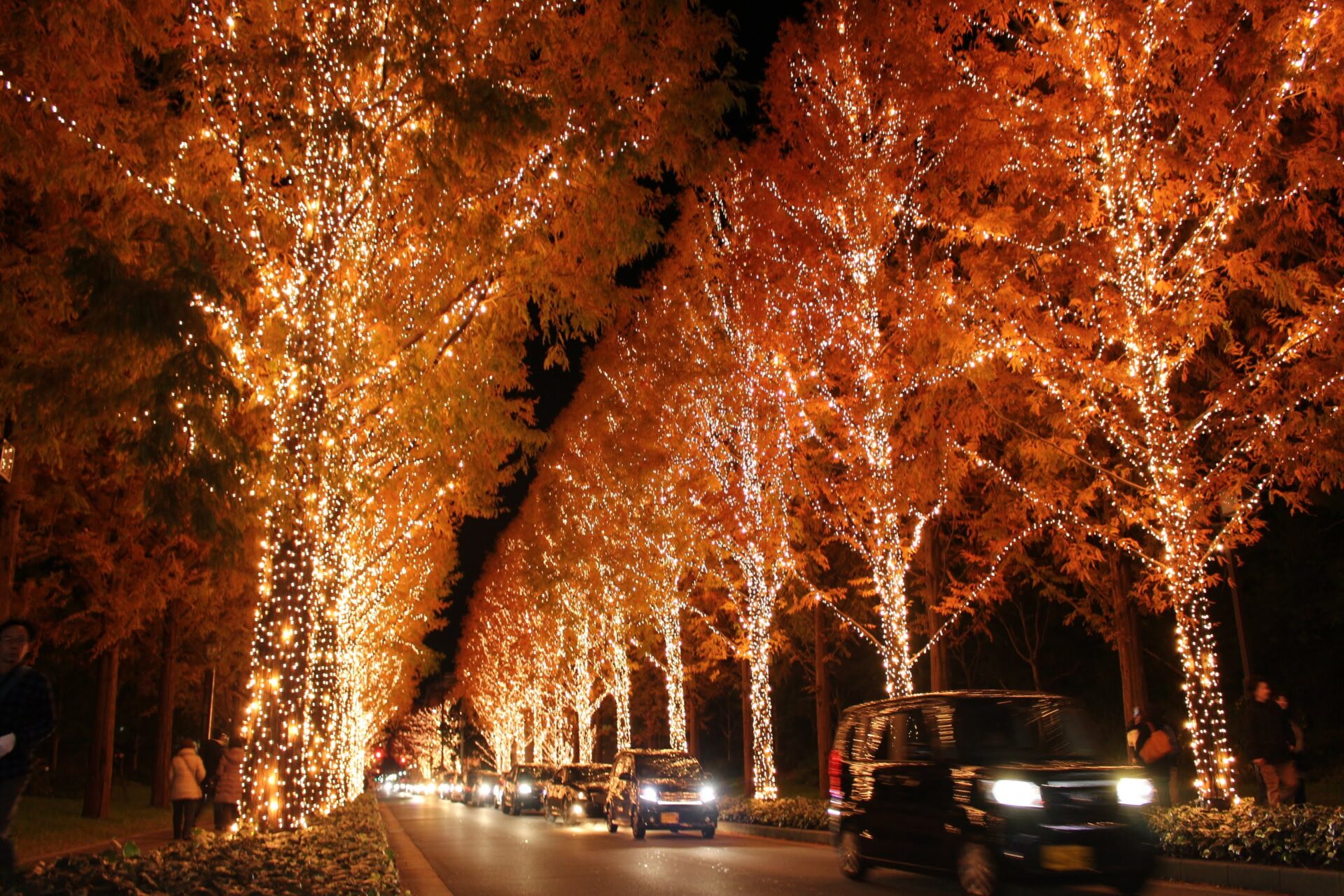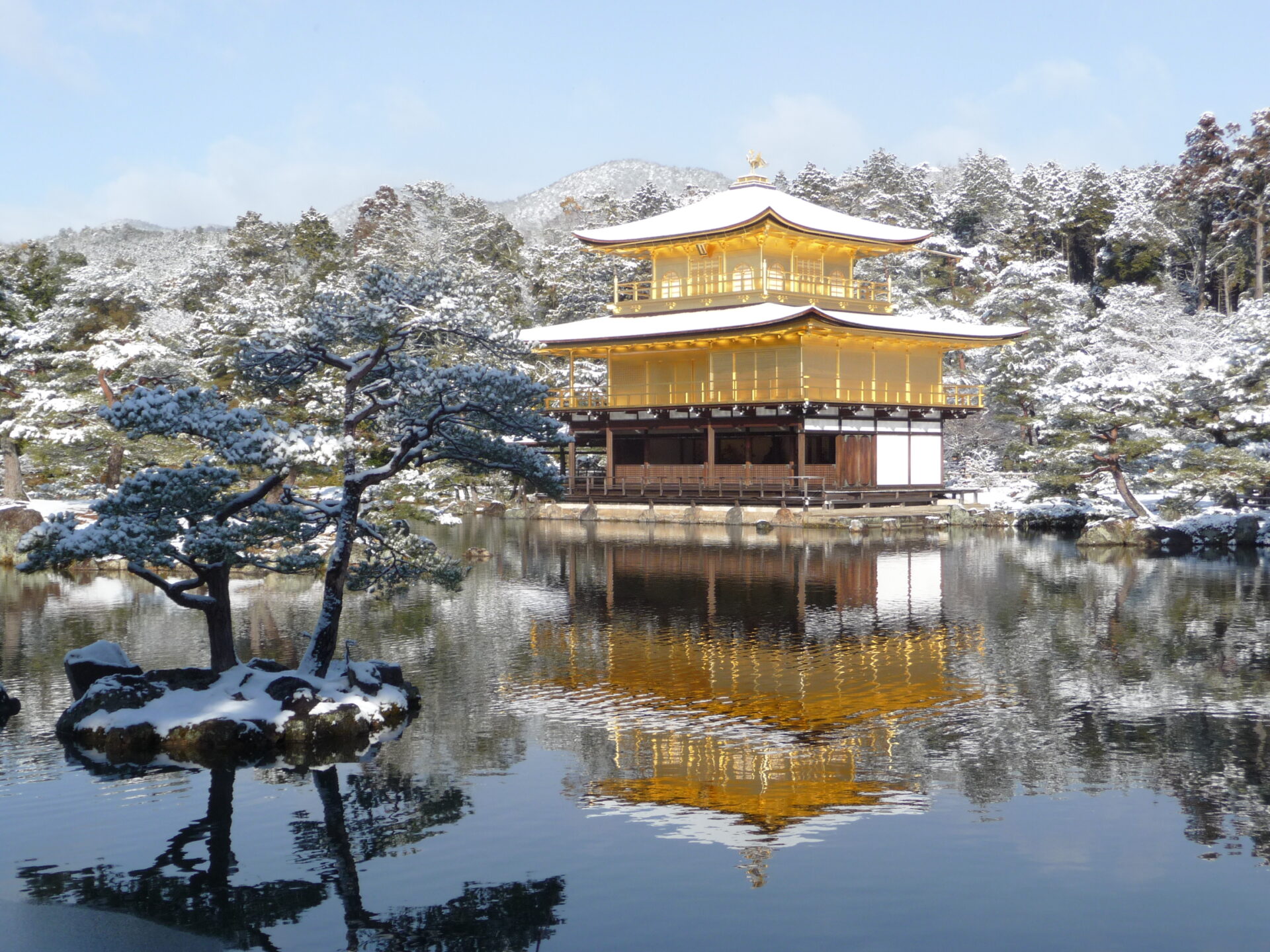
Miho Shimizu is a Japanese freelance writer settled in Shizuoka with her husband and two rabbits. Fascinated with traveling at the age of 18, she has spent most of her long holidays exploring incredible spots around Japan. She also loves to listen to music, draw, and read novels over a cup of green tea.
This post may contain some affiliate links. When you click through and make a purchase we may receive some commission, at no extra cost to you.
Wherever you travel around Japan, from big cities to the countryside, you will be amazed by how Japanese people keep their community beautiful. Traditionally, cleanliness has been a big part of Japanese culture, and Japanese people unconsciously make an effort in many aspects every day to keep the country clean. But what are the secrets behind Japan’s exceptional cleanliness? Here are some of the reasons why Japan is such a clean country!
1. Very few public trash cans
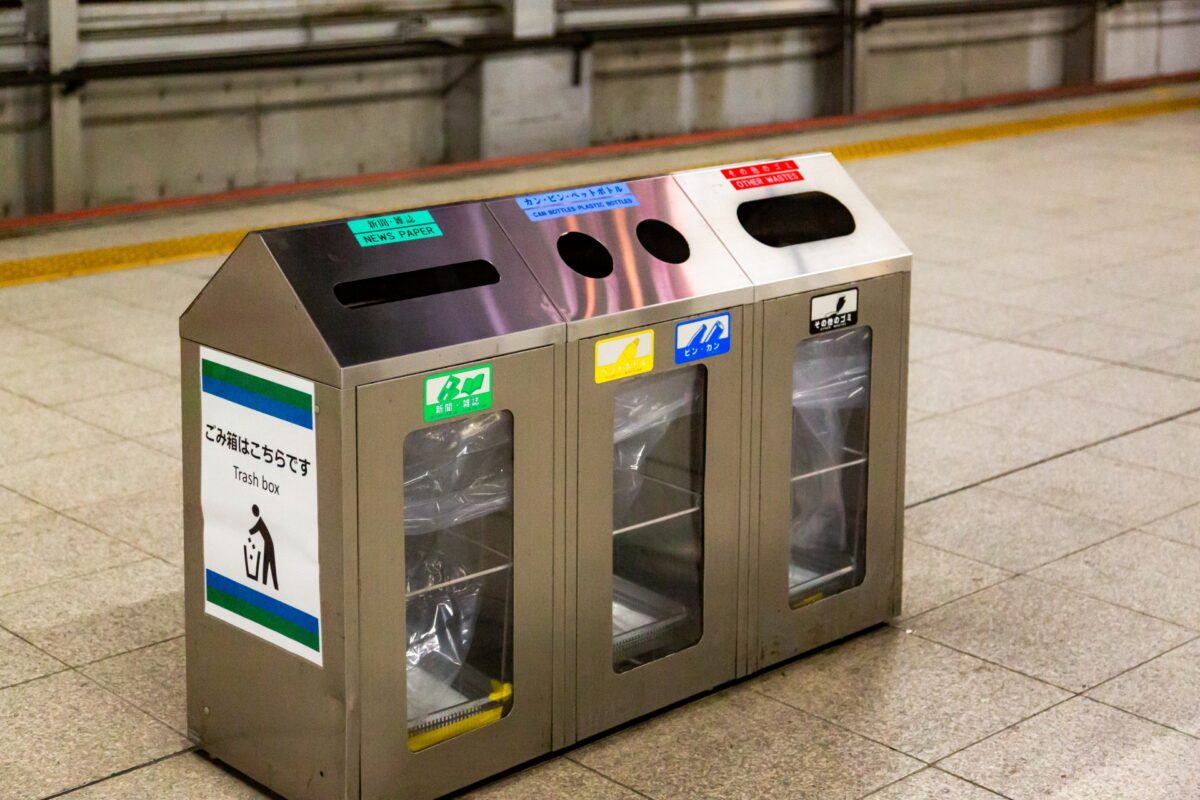
In Japan, there are not many trash cans installed in public places. This includes train station platforms, convenience stores, restaurants, and department stores. One of the reasons for the absence of trash cans in Japan is public safety. Installing a trash can in public means anyone can put anything in it, which could result in unexpected crimes such as indiscriminate attacks or terrorism. After the tragic sarin gas attack which occurred at Tokyo’s subway station in 1995, many trash cans were removed from public places around Japan to avoid a similar tragedy.
Apart from security reasons, Japanese people are aware of their responsibility for their trash. Most people don’t leave their trash in public and take it home with them to dispose of by themselves. It is a part of Japanese culture and probably the biggest secret behind the extraordinary cleanliness of the beautiful country.
There are also specific rules about the separation of garbage in Japan. Households collect their trash and properly separate them into different groups, including burnable, unburnable, recyclable, and unrecyclable. It is also strictly prohibited to leave household trash in public trash cans, so they take out their trash to the trash collection areas nearby on designated days.
2. Cleaning is a part of school

At Japanese schools, students are responsible for keeping their classrooms clean. Cleaning is a part of their daily routine which usually starts soon after the lunch break or at the end of the day. At many schools, each classroom has a container for cleaning tools such as brooms, buckets, cleaning rags, dustpans, and brushes. Only a few schools, such as private ones, hire janitors who do the cleanup work instead of students. Students wipe windows with cleaning rags and sweep the floor with brooms. They also need to clean corridors, toilets, and other rooms such as the music room, gym, and the science room. In this way, Japanese students naturally learn the importance of cleanliness from a young age.
3. Volunteer Clean-Ups

On weekends, many local communities in Japan hold voluntary clean-ups in order to keep their community clean with the support of their neighbors. Volunteers remove weeds in public parks, pick up litter on streets, and collect plastic bottles and other trash littered on beaches etc.
Anyone can join these cleanup events, which is a great way to contribute to the community in one’s free time. If you have children, it will also give them an opportunity to learn how to become a member of society and take actions to keep their environment beautiful.
4. Littering is frowned upon
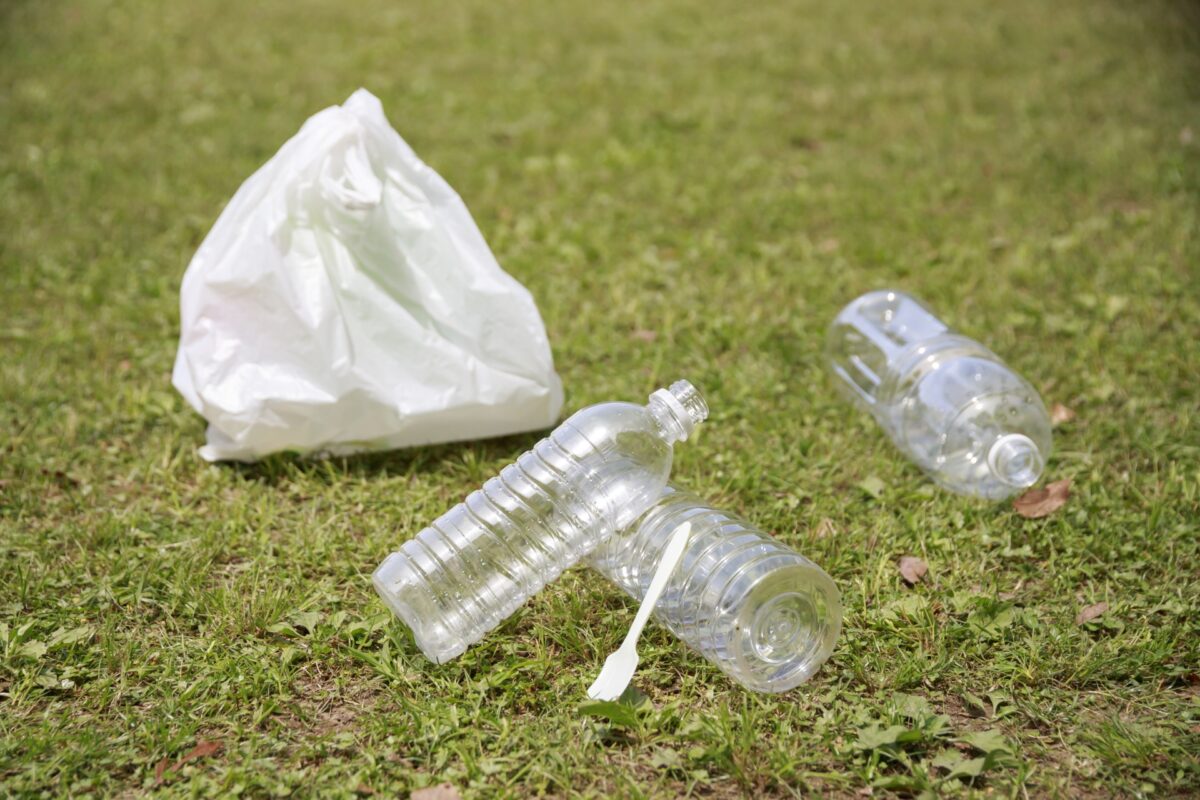
Needless to say, it is common sense that littering is frowned upon. Wherever you are traveling around the world, littering is a modern problem that many countries are struggling with. If you should throw out trash or waste on the streets or in any other public places, you will be strictly fined by law in Japan. Littering is a selfish, carelessness action that is completely unacceptable in terms of environmental protection.
In Japan, you will frequently come across eye-catching signboards on streets and roads which discourage people from littering their trash. Whether intentionally or not, littering is against the law, and harsh punishments are enforced. Thanks to these preventative measures, the total amount of littering in Japan has been decreasing year by year and ranks among the lowest compared to other developed countries in the world!
5. Cleanliness is a Part of Buddhism/Shinto
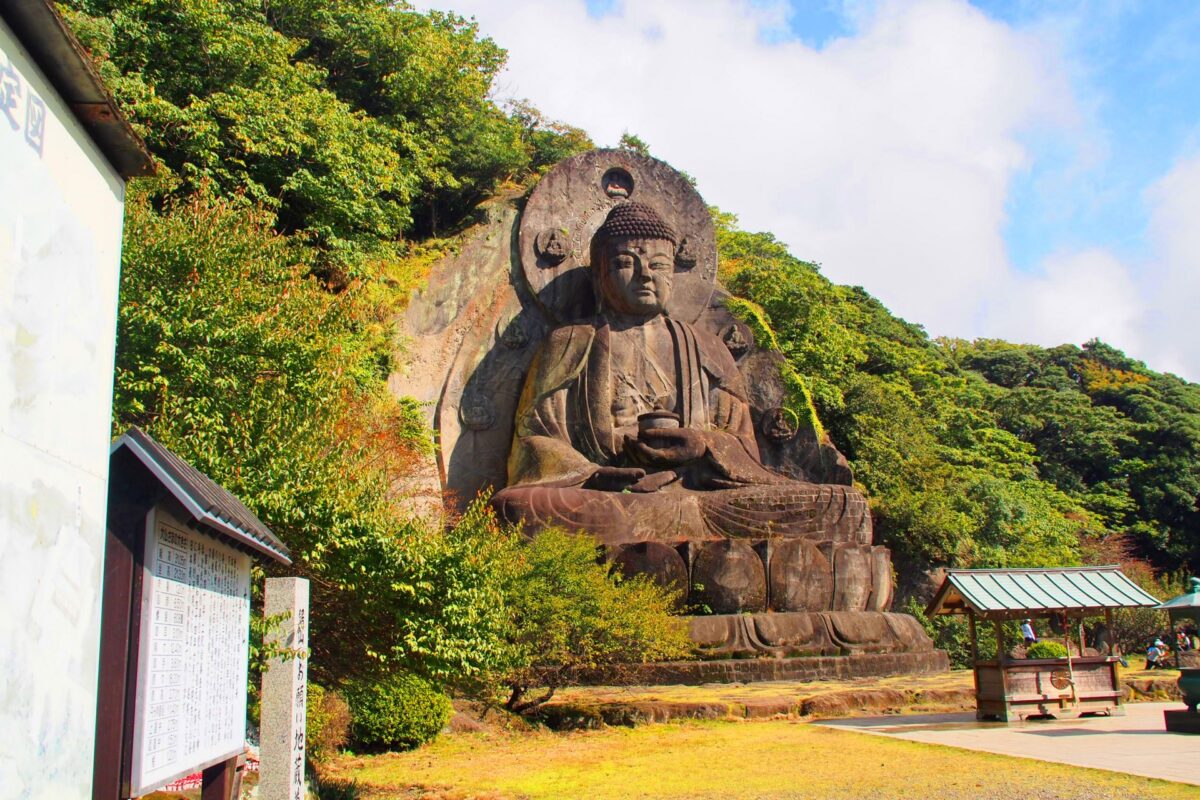
In Buddhism and Japanese Shintoism, cleanliness has historically been regarded as an important part of religious practice. In these religions, cleaning is believed to be a simple, but powerful way to improve good mental health through keeping one’s surroundings beautiful.
For many people, cleaning is just a daily routine, but it is also a great thing for both your physical and mental well-being. At Shinto shrines in Japan, visitors are encouraged to purify their mouths and hands at a purification fountain called “Chozuya” (手水舎) before praying to gods. One of the fundamental beliefs of Shintoism is that impurity or uncleanliness, which is called “Kegare” (穢れ) in Japanese, should be removed before entering the sacred grounds of Shinto shrines.
While many Japanese people do take pride in keeping their community clean, some outliers do behave selfishly regardless and will act in a manner that is completely unacceptable. What matters the most, however, is that everyone should be aware of their responsibility and work together to maintain the beauty of their country.
Japan Wonder Travel Tours
Japan Wonder Travel is a travel agency that offers guided tours throughout Japan.
From private walking tours to delicious Food and Drink tours, we can help you organize the best tours just for you! If you want to explore Japan and learn more about the history and backstories of each area you are visiting, our knowledgeable and friendly English speaking guides will happily take you to the best spots!
In addition, we can provide you with any assistance you may need for your upcoming trip to Japan, so please feel free to contact us if yu have any questions or need some help!
▶Tokyo Tsukiji Fish Market Food and Drink Tour
Explore the most lively and popular fish market in Tokyo and try some of the local’s favorite street foods and sake with one of our friendly and knowledgeable English speaking guides!

▶Tokyo 1–Day Highlights Private Walking Tour (8 Hours)
There’s no better way to explore an area than taking a tour with a knowledgeable local guide. You will have the chance to learn about the history and interesting background stories of Tokyo, as well as discover some hidden gems which can be hard to do without a guide.
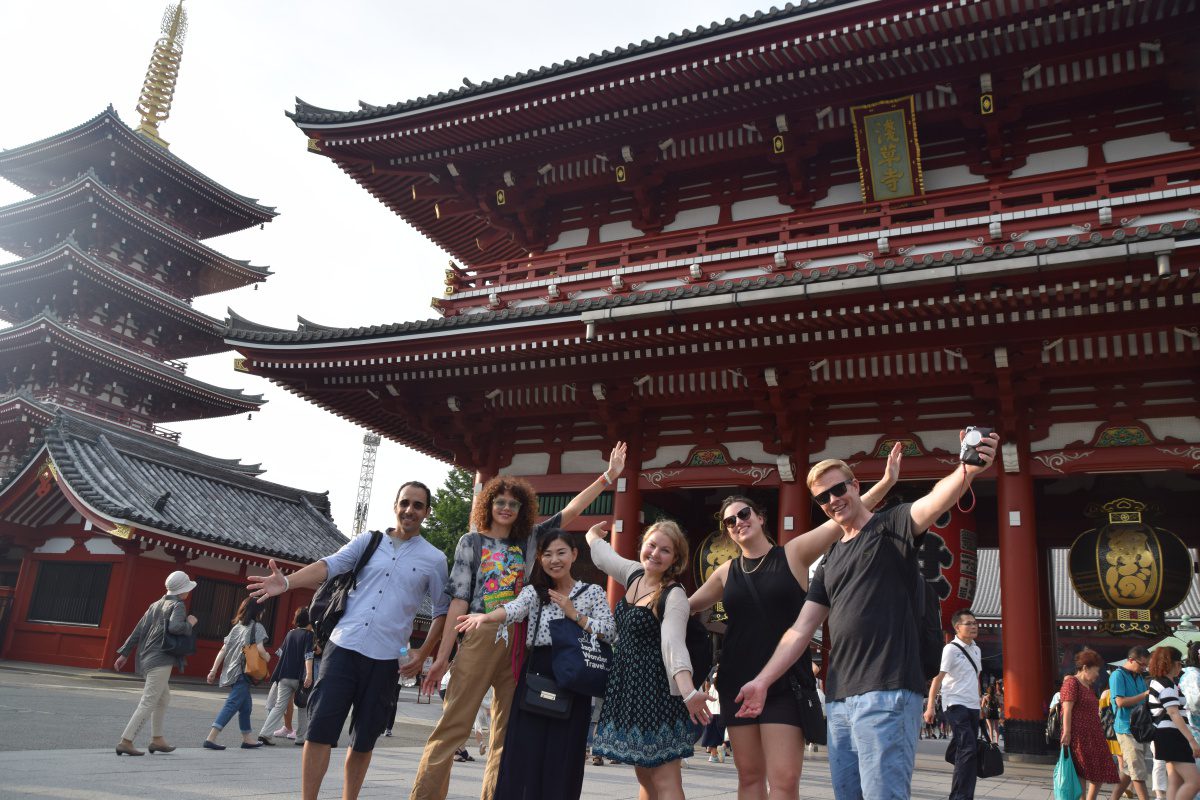
▶Mt. Fuji Day Trip Bus Tour from Tokyo
Experience the breathtaking views of Mt. Fuji by visiting the highlights of the area on our guided sightseeing bus tour! Departing from Shinjuku in central Tokyo, you can travel comfortably to all of the best spots in the area by bus.
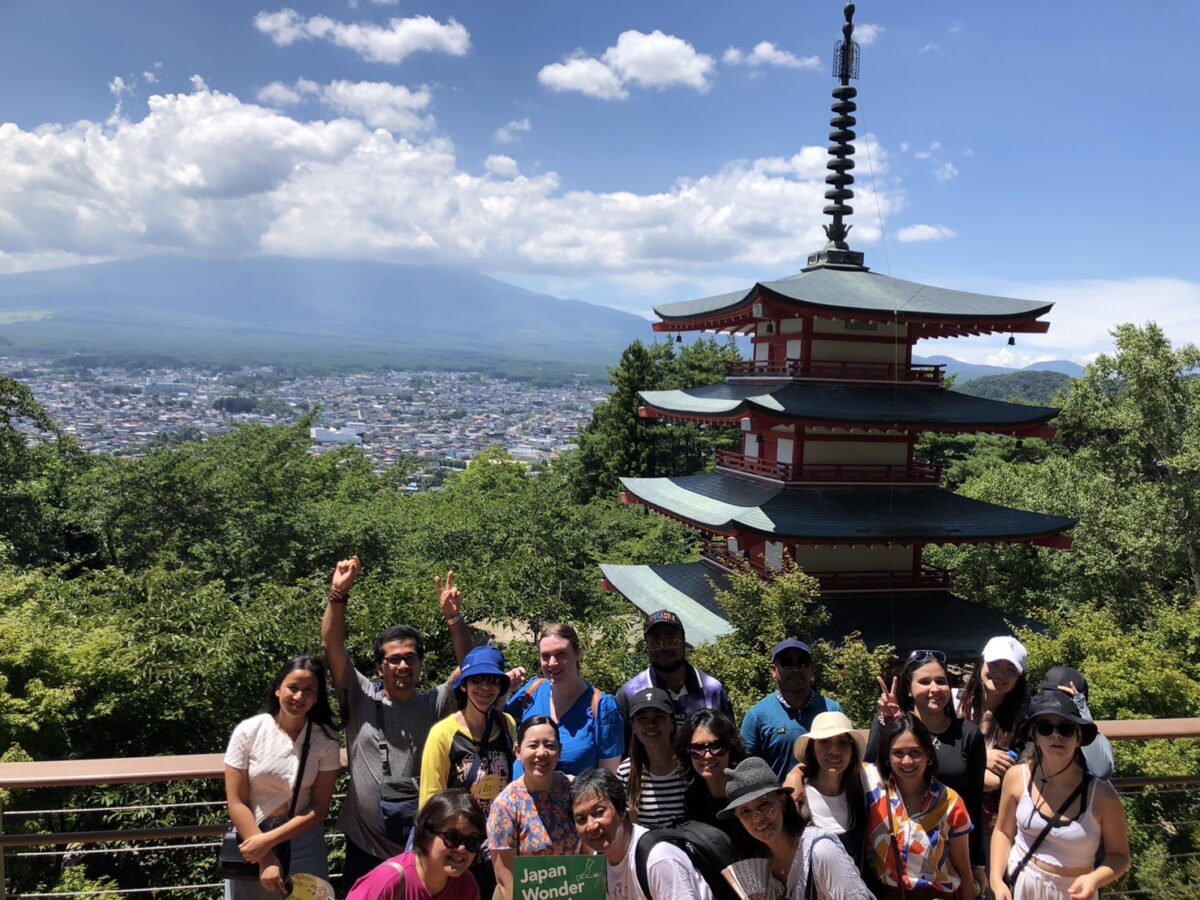
Follow us on Instagram, Facebook, Twitter, and TikTok for more travel inspiration. Or tag us to get featured!
Happy traveling!
